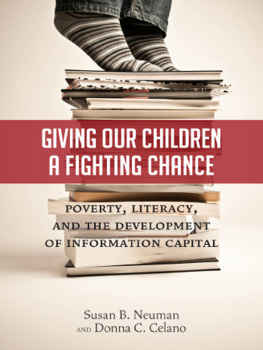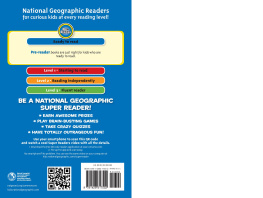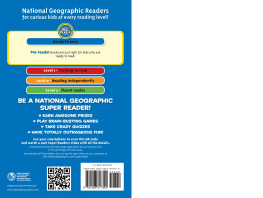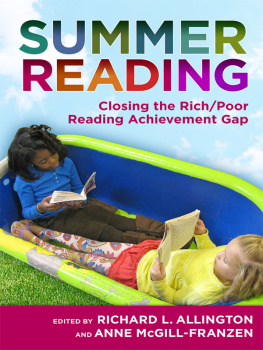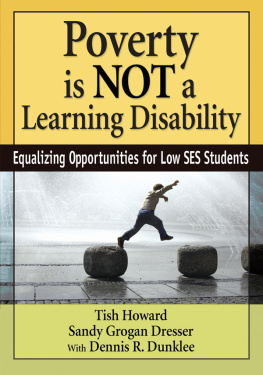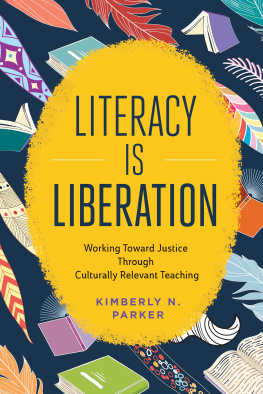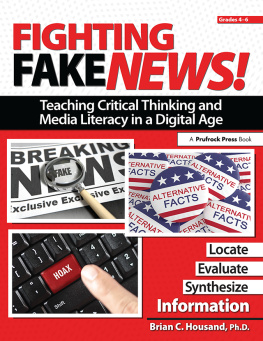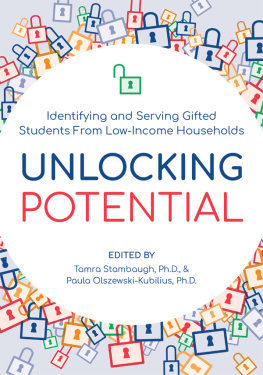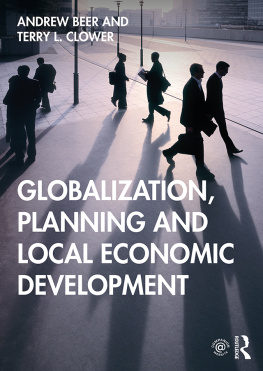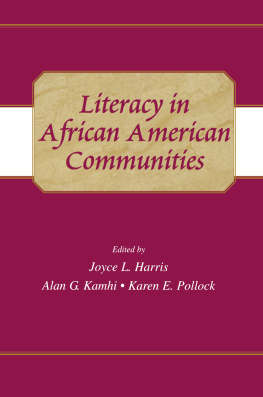Susan B. Neuman - Giving Our Children a Fighting Chance: Poverty, Literacy, and the Development of Information Capital
Here you can read online Susan B. Neuman - Giving Our Children a Fighting Chance: Poverty, Literacy, and the Development of Information Capital full text of the book (entire story) in english for free. Download pdf and epub, get meaning, cover and reviews about this ebook. year: 2012, publisher: Teachers College Press, genre: Home and family. Description of the work, (preface) as well as reviews are available. Best literature library LitArk.com created for fans of good reading and offers a wide selection of genres:
Romance novel
Science fiction
Adventure
Detective
Science
History
Home and family
Prose
Art
Politics
Computer
Non-fiction
Religion
Business
Children
Humor
Choose a favorite category and find really read worthwhile books. Enjoy immersion in the world of imagination, feel the emotions of the characters or learn something new for yourself, make an fascinating discovery.
- Book:Giving Our Children a Fighting Chance: Poverty, Literacy, and the Development of Information Capital
- Author:
- Publisher:Teachers College Press
- Genre:
- Year:2012
- Rating:4 / 5
- Favourites:Add to favourites
- Your mark:
Giving Our Children a Fighting Chance: Poverty, Literacy, and the Development of Information Capital: summary, description and annotation
We offer to read an annotation, description, summary or preface (depends on what the author of the book "Giving Our Children a Fighting Chance: Poverty, Literacy, and the Development of Information Capital" wrote himself). If you haven't found the necessary information about the book — write in the comments, we will try to find it.
This is a compelling, eye-opening portrait of two communities in Philadelphia with drastically different economic resources. Over the course of their10-year investigation, the authors of this important new work came to understand that this disparity between affluence and poverty has created a knowledge gapfar more important than mere achievement scoreswith serious implications for students economic prosperity and social mobility. At the heart of this knowledge gap is the limited ability of students from poor communities to develop information capital. This moving book takes you into the communities in question to meet the students and their families, and by doing so provides powerful insights into the role that literacy can play in giving low-income students a fighting chance.
Important reading for a wide audience of educators, policymakers, school reformers, and community activists, Giving Our Children a Fighting Chance:
- Documents how inequalities begin early and are reinforced by geographic concentration.
- Compares community libraries to see how print is used in each neighborhood and how children develop as young readers.
- Looks at patterns that create radical differences in experiences and attitudes toward learning prior to entering school.
- Explores the function of technology as a tool that exacerbates the divide between affluent students and those with limited access to information.
- Provides a comprehensive analysis of community literacy, documenting the transformation of media habits from books to computers.
- Concludes with a look inside schools to answer questions about what schools can do to overcome this complex, unequal playing field.
Susan B. Neuman is a professor of Educational Studies at the University of Michigan, and has served as the U.S. Assistant Secretary for Elementary and Secondary Education.Her books include Changing the Odds for Children at Risk. Donna C. Celano is assistant professor of Communication at La Salle University in Philadelphia.
Giving Our Children a Fighting Chance depicts a stark reality: the enormous and growing divide in literacy and reading skill development between children growing up in poverty and children from the middle and upper classesand the social and economic ramifications. This book should be required reading, not just for those in the education and policy fields, but for anyone who cares about the lives of children and the health of our society.
Kyle Zimmer, President and CEO, First Book
By walking the streets, riding the buses, and taking the subways, Celano and Neuman give us a groundbreaking and sobering look at print and education technology resources in two neighborhoods, one wealthy and one poor. The result is a must-read eye-opener for anyone who cares about equal opportunity. The stuff of learning is essential but insufficient. Only with close teacher, parent, and student-to-student coaching can better print and technology resources make a difference.
Eugenia Kemble, Executive Director, Albert Shanker Institute
The authors of this text make you CARE about these communities and children. They provide insights about how we must focus on literacy in order to make a real difference in the lives of students. This is one of the most comprehensive analyses to date of community literacy, documenting the transformation of media habits from books to computers.
Linda B. Gambrell, Distinguished Professor of Education, Clemson University
Susan B. Neuman: author's other books
Who wrote Giving Our Children a Fighting Chance: Poverty, Literacy, and the Development of Information Capital? Find out the surname, the name of the author of the book and a list of all author's works by series.

